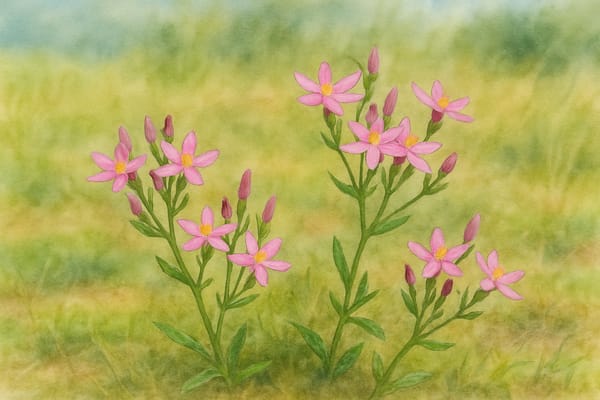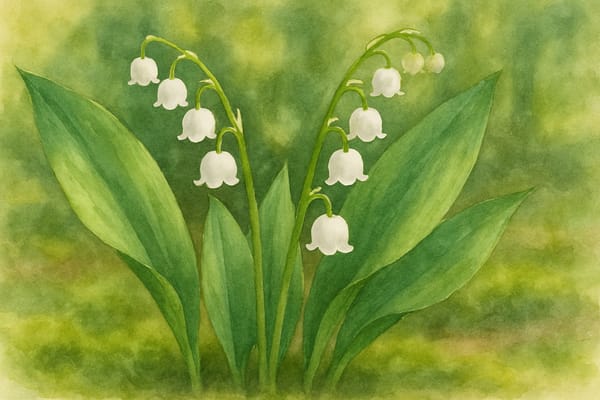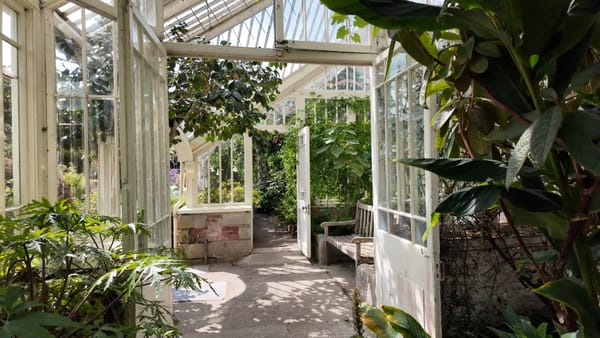A Modest Healer with Ancient Roots
Historical and Cultural Significance
Lesser centaury has long been cherished in British and Cornish folk medicine for its healing qualities.
Traditional Herbal Remedy
Used as a bitter tonic, lesser centaury was famed for stimulating digestion, easing heartburn, and supporting liver health. Its detoxifying and cleansing properties made it a go-to herb in rural Cornwall for treating general malaise, fevers, and sluggish digestion.
Myth and Folklore
The plant’s name harks back to Chiron the Centaur of Greek mythology, said to have used centaury for its healing power. While lesser centaury isn’t deeply rooted in Cornish-specific legend, it carried a folk reputation for protection, cleansing, and resilience.
A Symbol of Simplicity
With its tiny pink flowers, lesser centaury came to symbolise humility and quiet strength—qualities valued in herbal traditions and reflected in its understated beauty on the Cornish coast.
Ecological Importance
Lesser centaury thrives in open, coastal habitats, contributing to pollinator networks and signalling healthy, undisturbed grassland. Its presence reflects sustainable land management and supports biodiversity.
Growing Lesser Centaury in Coastal Gardens
| Requirement | Details |
|---|
| Light | Full sun; opens flowers only in sunlight |
| Soil | Well-drained, sandy or gravelly; nutrient-poor soils preferred |
| Water | Moist until established; drought-tolerant once mature |
| pH | Slightly acidic to neutral (6.0–7.0) |
| Salt Tolerance | High; suitable for exposed coastal sites |
| Hardiness | Hardy in the UK |
Care and Cultivation Tips
- Site Selection:
Choose sunny, open ground—ideal for wildflower meadows, coastal borders, or gravel gardens. - Sowing:
Sow in autumn or spring, directly onto bare soil. Seeds need light to germinate. - Watering:
Water regularly until established; mature plants tolerate dry conditions. - Fertilizing:
Avoid fertiliser—lesser centaury prefers poor soils and may decline in fertile ground. - Weeding and Maintenance:
Keep weed-free during establishment. No pruning needed; allow to self-seed naturally.
Coastal Garden Notes
With its natural salt and drought tolerance, lesser centaury is ideal for coastal wildflower settings. It offers understated beauty, pollinator support, and thrives with minimal care in sunny, well-drained spots.
Summary
Lesser centaury is a historic healer of Cornish and British folk tradition, once prized for its digestive and cleansing powers. In coastal gardens, it flourishes in poor, sunny soils—rewarding gardeners with its delicate blooms, pollinator value, and living link to herbal heritage.











